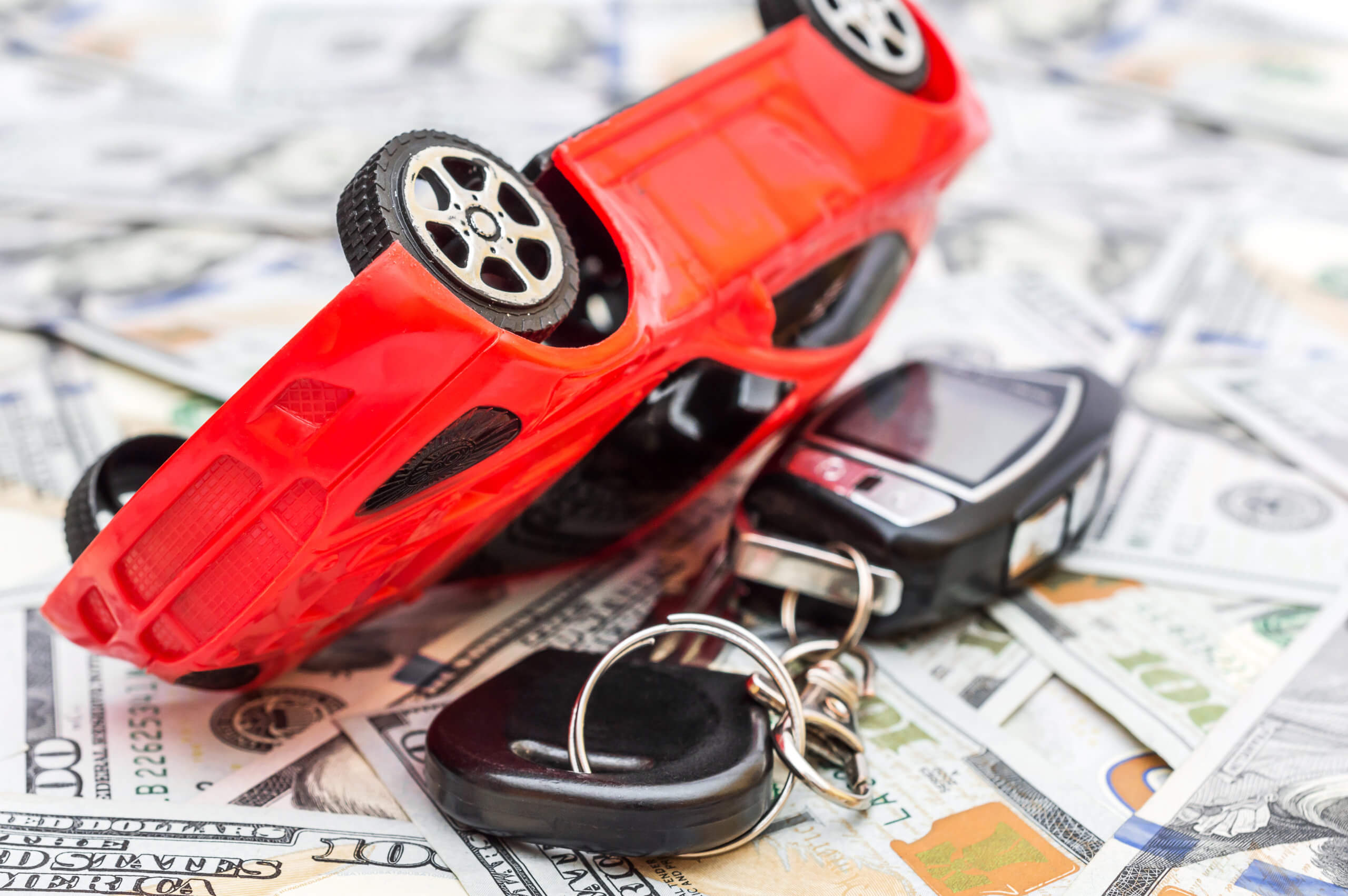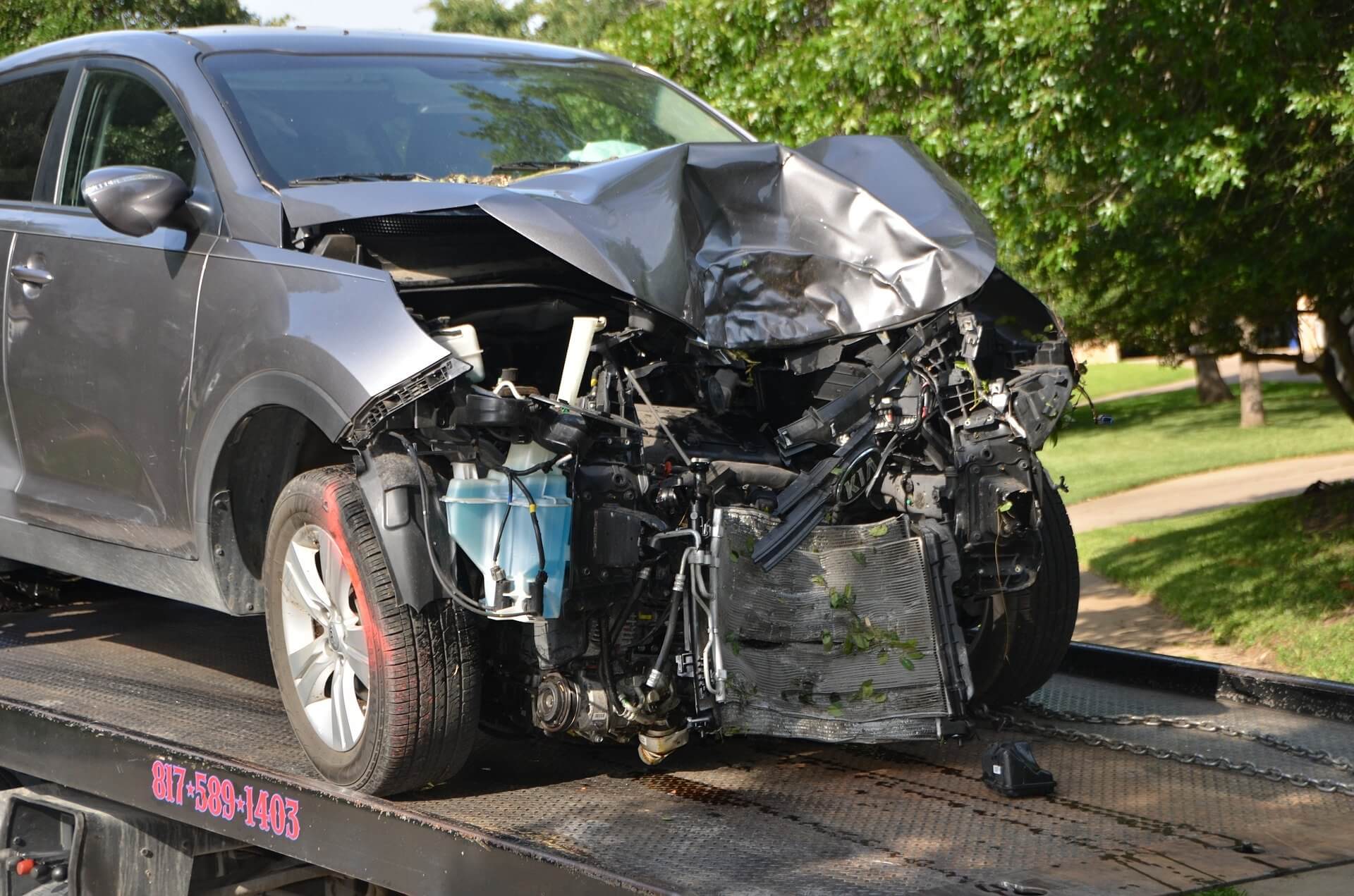
Should You Buy a New or Used Car?
Monday, Apr 5 2021
Buying a vehicle can be an exciting time. However, it often involves deciding between new cars or a used cars. There are a lot of things to consider when weighing your options. Let’s take a look at a few things to consider before you hit the car lots.
Advantages and Disadvantages of New Cars versus Used Cars
New Car – Advantages
Less Legwork
Before you start shopping for a car, you are going to want to determine your budget. Next, you will want to identify a few makes and models within your price range. If you are buying a new car, you are ready to head to the dealerships.
If you decide on a used car, you will likely spend more time shopping around and checking on used-car inventory. If you have your heart set on a specific color or set of features, the process can be even more drawn out.
New cars are a time saver when it comes to the inspection too. If you buy new, you don’t have to do a lot of research on the car’s history. You also won’t have to talk to a mechanic or worry about the vehicle’s condition. There will be little wear and tear to worry about (other than the test-drive miles on the odometer).
You also won’t have to wait for a title to come from a prior owner’s lender. The dealer will handle most of the paperwork prep, saving you lots of time and legwork.
Cheaper to Finance and You Get the Factory Warranty
History shows that new car buyers are more likely to pay back their auto loans, so lenders view it as taking on less risk. Also, the value of the new car is known. Lenders perceive more risk due to the uncertainty about a used car’s value. There is also a higher risk of the financing not being repaid in full.
Dealers offer many deals for new cars, including cashback deals and financing incentives that will lower the car’s price and reduce the amount of interest you pay over the car loan life.
An essential benefit of buying a new car is warranty protection. New vehicles often come with a bumper-to-bumper and powertrain warranty as well as roadside assistance. New cars don’t require many repairs and maintenance during the first few years. This warranty will cover basic care. You won’t have to budget for repairs during the first few years.
More Options and Fuel Efficiency
If you have your heart set on a specific exterior or interior color, it is easier to get what you want with a new car. If the dealer doesn’t have your particular make or model in stock, they can simply order it from the factory or swap vehicles with another dealer.
With a new car, you can get the latest technology, including:
- Safety features, such as brake automatic emergency braking, adaptive cruise control, and blind-spot warning
- Entertainment features such as ApplePlay and Android Auto
- Connectivity features like infotainment, telematics, and V2X
- Energy-efficient technologies such as continuously variable transmissions and turbochargers
Since there are frequent updates, even vehicles that are a few years old can have outdated technology. All these extras make getting around a better experience.
And, let’s not forget the new car smell!
Since newer cars feature energy-efficient technology, they are often better for the environment. Carbon emissions have decreased 23 percent, and fuel economy has increased 29 percent since 2004. Emissions and fuel economy have improved in twelve out of the past fifteen years. Carmakers are continuously making improvements to make these metrics even better for the environment.
New Car – Disadvantages
Instant Depreciation
We have all heard that a car losses value as soon as you drive it off the lot. The most significant disadvantage of buying new cars over a used car is the instant depreciation, especially in the first two to three years.
Industry experts say a car is worth approximately 20 percent less after the first year and decreases roughly 15 percent each year for the next four years. The car you bought for $30,000 will be worth only $12,000 in five years. It’s hard to think that one of your largest purchases will immediately lose value.
Unknown Track Record
If you buy a new vehicle model, or the manufacturer switched engines or altered the car, it often tends to have more problems. Manufacturer recalls often occur in the first few years of a model change. You may need to make spontaneous trips back to the dealership to have your vehicle worked on. Although the manufacturer covers recalls, it can still be frustrating.
Used Car – Advantages
New Cars versus Used Cars Cost
Buying a used car is a less expensive option. Someone else incurred the high depreciation years, and you reap the benefits in the price you pay. You’re more likely to find better financing options because you’re not losing the money on depreciation.
Lower Insurance Rates and Registration Costs
A brand new car is more expensive to insure than a used car. Used car insurance rates are typically better due to their lower value. If you want, you could shop around and check out additional options.
Not only will your insurance be less, but registration could cost less too. In some states, the cost of registering a car goes down every year. These states calculate registration fees based on the car’s value, age, fuel efficiency, etc. However, many states charge a flat fee regardless of those factors. Savings on insurance and registration can help put money back in your pocket.
You Don’t Sweat the Small Stuff
If you had a new car before, I am sure you remember the first time it got dinged in a parking ramp at the shopping center. It’s a big bummer. With used cars, little paint knicks, drink spills, and door scratches aren’t as traumatic.
Used Car – Disadvantages
Reliable, Hopefully?
The most significant disadvantage of buying a used car is you may not know its full track record. Did the prior owner get the oil changed on time? Were there any unreported accidents?
One way to help ease your concerns is to look for certified pre-owned vehicles. It may cost you a little more than another used car, but it also ensures a trained mechanic has inspected the vehicle before you buy it.
According to Kelley Blue Book, certified pre-owned cars cost an average of $1,400 more than the same noncertified model. It comes down to what your peace of mind is worth.
You May Have to Forego Your Favorites
Another disadvantage of buying used is that you may have to compromise on the vehicle’s color or features to get the one with the better history and mileage. You also don’t get the latest technology and car enhancements.
When shopping for a used car, you need to be more flexible and more patient as you “hunt” for a vehicle. You may get precisely what you want, but it could also take longer as you want for the car that checks every box on your list.
Need more information, read our other article comparing new cars vs used cars.
Loan Options for Used or New Cars
Focus Federal Credit Union offers a variety of financing options for both new and used vehicles, as well as loan refinancing options.
Loan features include:
- Fixed auto loan interest rates
- Terms up to 10 years
- Onsite financing
Whether you have your new wheels picked out or you are just starting to kick the tires, contact Focus Federal Credit Union, and we can get started on your auto loan options. Our team will walk you through options that meet your budget and timing.





